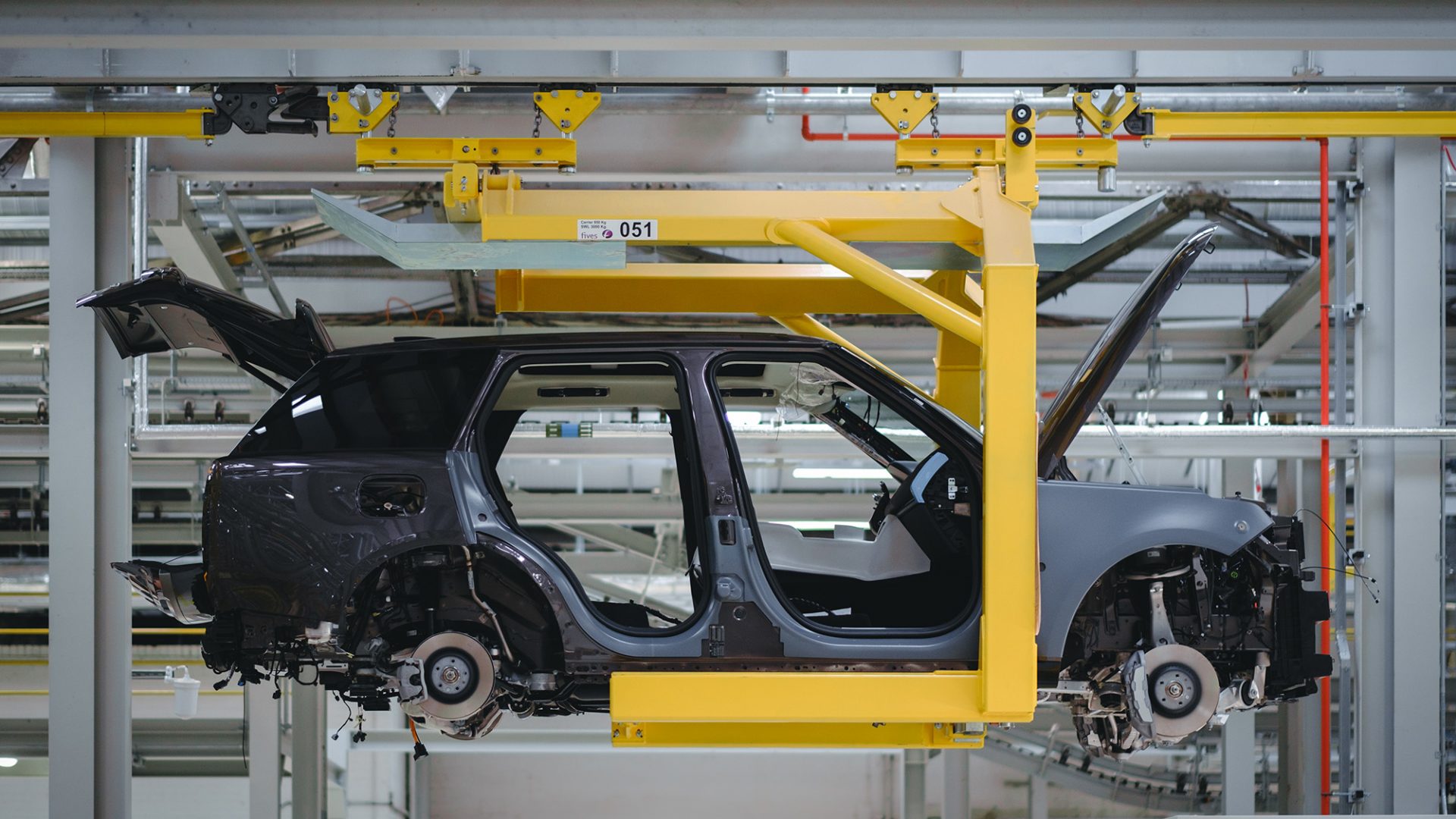The Department for Transport is not expecting any manufacturers to be fined for failing to meet ZEV mandate targets in 2024, as the new car market grew for the second year in a row.
Data revealed over the weekend showed that a total of 1,953,000 new cars were registered last year – a 2.6% rise on the 1,903,000 completed in 2023.
Growth was delivered entirely by purchases for fleets owned or leased by businesses or other organisations, which were up 11.8% on the previous year.
By contrast, private sales remained well down on pre-pandemic levels, falling 8.7% to to 746,000 units.
When it came to EVs, sales rose to 382,000 units, constituting 19.6% of 2024’s overall new car market.
That figure is below the 22% market share ordered by the ZEV mandate but the government says it is not expecting to dish out any fines as a result of ‘flexibilities’.
‘Thanks to the flexibilities in the ZEV Mandate, we’re confident the whole market has complied with the 22% target and that no car manufacturer will need to pay fines,’ said a Department for Transport spokesperson.
‘We have invested over £2.3bn to support industry and consumers make the switch, rolled out more than 72,000 public chargers, and launched a consultation to invite the sector to shape how we achieve the transition to ZEVs.
‘Getting this transition right as more people make a switch to electric vehicles will support the growth of the UK market and will provide an opportunity to tap into a multibillion-pound industry that will create high paid jobs for decades to come.’
Elsewhere, in the SMMT figures total uptake by businesses running fleets of no more than 25 vehicles fell by 3.1% to around 43,000 units.
SMMT chief executive Mike Hawes said demand from private buyers is ‘still very, very weak’.
He claimed many consumers felt there was ‘every reason’ to hold off making a purchase because of the ‘economic backdrop’ and ‘confusion about what type of vehicle to buy’ caused by mixed messages from governments over the last two years.
The SMMT also said only one in 10 private buyers chose an electric vehicle (EV) in 2024. However, EV lobbyists say that this does not include cars which were purchased via salary sacrifice schemes.
Petrol remained the most popular type of new car among private buyers, with a market share of 61.0%.
Reacting to the figures, Hawes said: ‘A record year for EV registrations underscores vehicle manufacturers’ unswerving commitment to a decarbonised new car market, with more choice, better range and increased affordability than ever before.
‘This has come at huge cost, however, with the billions invested in new models being supplemented by generous incentives which are unsustainable.
‘We need rapid results from the regulatory review and urgent substantive support for consumers – else automotive investments will be at risk and the jobs, economic growth and net zero ambitions we all share in jeopardy.’
Ian Plummer, Auto Trader commercial director, added: ‘New car sales still sit significantly behind pre-Covid levels and with supply outstripping demand, 2024 certainly wasn’t an easy year for most manufacturers or retailers.
‘Even though electric car sales accounted for around a fifth of the total 2024 sales- not far off the government target – hitting the next target of 28% by the end of this year will be incredibly challenging.
‘That said, our research tells us that once the price is right, drivers are keen to make the switch. More affordable electric cars are starting to hit the market but without targeted government support, many will be left behind on the electrification journey.
‘Confidence and clarity are key for consumers and industry, which is why we we’re pleased to see the Government’s current consultation focused on ensuring how, not if, we meet the 2030 target to phase out new petrol and diesel sales.’


































